Japan’s Emperor Akihito travels to the Philippines this week to visit World War II memorials, his latest pacifist pilgrimage which appears increasingly at odds with the government’s rightward drift.
Akihito, 82, has made honoring Japanese and non-Japanese who died in the conflict a touchstone of his near three-decade reign—known as Heisei, or “achieving peace”—and now in its twilight.
In the Philippines, which saw some of the war’s fiercest fighting, Akihito and Empress Michiko will visit the national Heroes’ Cemetery and a memorial for Japanese war dead during a five day visit starting Tuesday.
“The emperor has been very consistent with the fact that Japan is apologetic about their aggression,” said Richard Javad Heydarian, a political science professor at De La Salle University in Manila.
Such contrition, decades of Japanese economic aid and the Philippines’ search for allies in a maritime dispute with increasingly powerful China have made Abe’s nationalist lurch—which includes strengthening his military—palatable in Manila.
“We in the Philippines are OK with Japan becoming a normal power,” Heydarian said.
Akihito is strictly limited to “symbol of the state” under Japan’s constitution imposed by Washington, which aimed to prevent any return to the militarism in the early reign of his father, Hirohito.
Abe last year pushed through legislation that under certain conditions could allow Japanese troops to fight abroad for the first time since 1945, passage which came amid protests and fears the country could be dragged into conflict in support of allies, particularly the U.S.
Despite constitutional restraints, the soft spoken Akihito, 11-years-old when the war ended in the nuclear obliteration of Hiroshima and Nagasaki, is still seen as getting his point across about the importance of cherishing Japan’s postwar peace.
“He is the emperor so he really can’t speak from a political standpoint,” said Fumiko Imagawa, who went to the Imperial Palace early this month to hear Akihito’s brief annual New Year’s message.
But she added: “His own thoughts are conveyed in each word.”
Akihito has previously journeyed to other Pacific battle sites where Japanese troops and civilians made desperate last stands in his father’s name.
On visits to Saipan in 2005 and Palau last year he prayed not just for the Japanese soldiers and civilians who perished, but also colonial subjects such as Koreans and troops from its wartime enemy, the US.
In remarks in August at a memorial marking the 70th anniversary of Japan’s 1945 surrender, Akihito expressed “profound remorse” for the war fought in his father’s name, reportedly the first time he used those words at the annual event.
Author Masayasu Hosaka says Akihito has become clearer in his pacifist comments in recent years.
“The reason is perhaps that in reflecting on his life he is looking back on what he should have done as emperor, seeing if there are things he has not spoken enough about or words he wants to leave behind,” Hosaka wrote in a recently published book.
To be sure, “peace” and “remorse” are words Abe himself utters, and in August as the world watched he said Japan would stand by previous war apologies.
But other comments and actions, including having prevaricated over whether Japan’s wartime aggression amounted to “invasion” and his 2013 visit to Yasukuni Shrine, where 14 Class A war criminals are sanctified, have raised questions of sincerity.
In December his ruling party launched a group to review modern history amid reports it would consider issues including the 1937-38 Nanjing massacre, which Tokyo is accused of playing down.
By contrast, early last year Akihito said Japanese should “study and learn from the history” of the war “as we consider the future direction of our country”.
Manila-based Heydarian says what helps Filipinos reconcile is that history weighs less heavily on them, while their government does not “peddle this narrative of historical victimhood”, alluding to China, where sentiment remains bitter.
Sonny Sanchez, a retired businessman, concurs that his compatriots are not the type to hold grudges, but he also points to frequent Japanese natural disaster aid and support for Manila in its dispute with Beijing in the South China Sea.
“I love the emperor and his family,” he said after watching the palace New Year’s greeting on a trip to Tokyo with his wife and sons.
“That’s why we came here, just to take a glimpse of him for a few seconds.”
Source and image: Japan Today
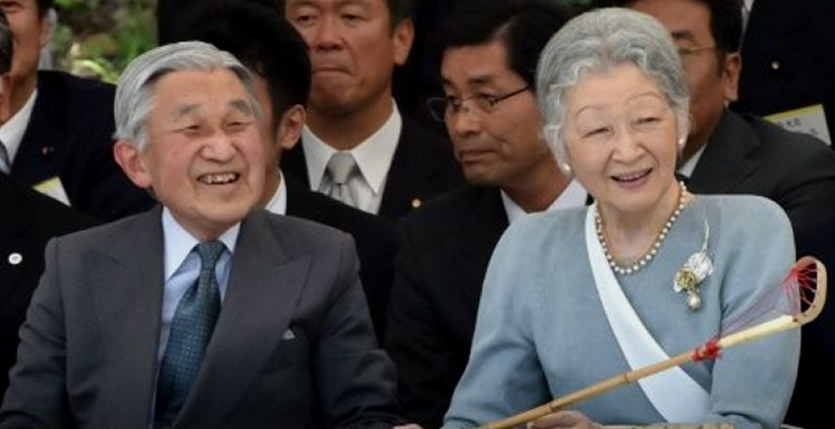
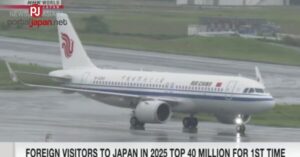
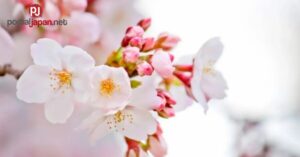
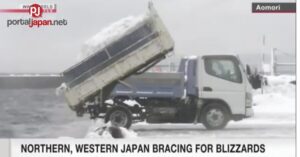
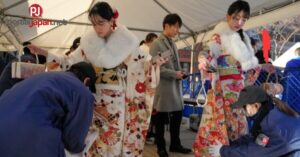
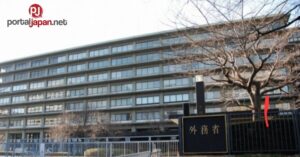
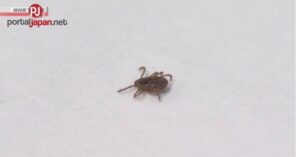
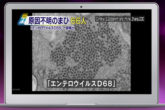
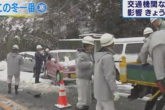








Join the Conversation